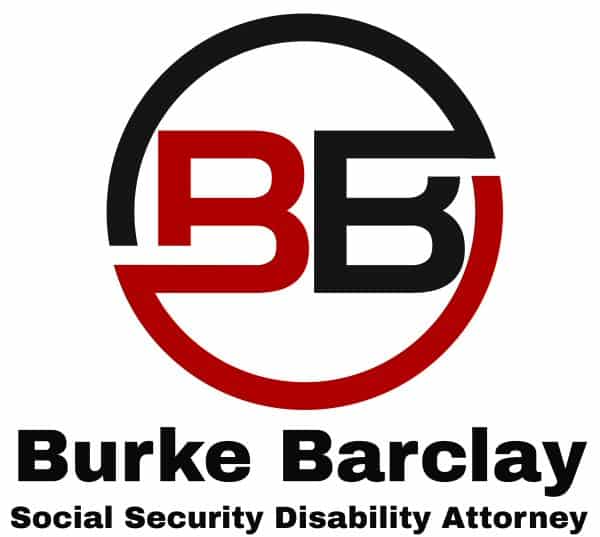Being In the United States Illegally Does Not Mean You Have to Give Up Your Rights
If you are not familiar with the 4th Amendment to the U.S. Constitution, in its most simplistic terms it protects anyone living in the United States from an unreasonable search or seizure by a person of the government or an agent of the government.
What is unreasonable would take a law school class to completely explain, suffice it to say, this is the reason why there are criminal and civil rights lawyers still being employed to this day.
But, what are some basic steps you can take to protect yourself, especially if you are here in the United States and are not familiar with all of U.S. laws?
So, let’s talk about privacy in your home.
You have a fundamental right to be in your home and not have a police officer or any other government agent enter your home without a warrant or under very special circumstances.
First, is the warrant requirement. In order for any police officer/government agent to enter your home, he or she must have either an arrest warrant or a search warrant. However, the police do not need an arrest or search warrant if you voluntarily allow them into your home. Also, the police cannot say they have a warrant and actually be lying to you and then you allow them into your home. This search would not be valid.
Also, the really only other time the police can enter your home without a warrant is if they are in “hot pursuit” of someone they reasonably (there’s that word again) believe committed a crime or they believe there is evidence of a crime which will be destroyed if they do not come into the home and gather that evidence.
So, how do you protect yourself if the police or I.C.E. (if you are illegal) comes to your home and knocks on your door. First, you must stay within your home. If you walk out onto the front porch, you have exited your home and you are not nearly protected as if you stayed inside. Next, ask to see the warrant. Examine the warrant and make sure it is actually a warrant. You have these rights even if you are here illegally.
Next, determine if the warrant is for an arrest of someone in your home or it is a search warrant. If it is an arrest warrant, the police (I.C.E., etc.) do have the right to enter into your home and arrest that person that is inside. They also have the right to do a “cursory” search of the premises to make sure there is no one in the home that could harm them. They also have the right to search the area around the person they just arrested for a crime, drugs, guns, etc.
Here’s what the police do not have: They do not have the right to completely search your home from top to bottom looking for evidence. They must have a search warrant to do so. This gets more complicated in that the police have to prove to a magistrate that there is probable cause to search the premises, but suffice it say that oftentimes people simply do not know their rights and allow police and other government agents into their home.
Again, once you allow them in, it is very hard to say they have to leave. Better yet, it’s almost impossible to have any evidence thrown out of court if you agreed to a search of your home just because you were scared when they rang your doorbell and asked to come in.
Being scared is not a defense. Know your rights and know you have the right to be safe within your home from again unreasonable searches or seizures.
Next, since we are all passengers in a car at times, there is always the issue of what is considered a legal search and what is not.
First, a car is not like a home. Because a car can get away and move, it does not have the same protections as a home would have. In essence, to be totally honest, in one way or another, a good police officer will be able to search your car, so the best defense against this is not to ever drive with any type of prohibited items or drive while impaired by drugs or alcohol.
But here are the basics. Let’s say your are driving down the road (and you’re not drunk) and you get pulled over -let’s say it’s for a traffic ticket.
First, the police have the right to do what is called a safety inspection of what is in your car. He or she has the right to look inside your car and ask you to exit the vehicle to make sure the police are safe while they are issuing you a ticket. If the police do not have what is called “probable cause,” they cannot inspect what is inside your trunk or inside your glove compartment or any other closed container in your car. They must have, again, probable cause in order to do so.
But, as you probably know, many things can lead to probable cause. Therefore, it is very important that you remain calm, agree to any commands you are issued by the police officer, and if there is honestly nothing you are hiding in your car, then refuse to allow them to search your car any further than just the inspection for the police officer’s own safety.
Can you say no to a police officer when he or she asks to search your vehicle? Yes, yes you can. You absolutely can. You can refuse to allow a police officer to search the trunk or glove compartment of your car. If the police cannot claim probable cause for doing so, then the police cannot legally search your vehicle. Again, it’s knowing your rights and not being afraid to claim them.
Finally, and quickly, we can also discuss stopping you while you are walking down the street. This is what is called either a “Terry” stop or a stop-and-frisk. Here, if the police have reasonnable suspicion (notice: this is a different level than probable cause), they can stop and do an outter pat-down of your clothing. They cannot reach into your pockets, but if they feel something like a gun, then that turns into probable cause and they can reach in and confiscate that gun. However, if they are doing an outter pat-down of your body and clothes, they cannot “manipulate” what is in your pocket to see if it is paraphenalia.
What’s the point to all of this? -The point is for you to be vigilant in protecting your rights. It is essential for a safe society that police have these rights to protect the public, but it is also very important that you know your rights to protect yourself. My wife always says, that if you aren’t doing anything wrong, then you have nothing to worry about. But that isn’t the issue, you have the absolute fundamental right to your privacy and the protection of your rights.
Don’t think this still happens? -Guess again. I know of someone just this week that was tricked into letting the police in her home without a warrant and her brother was arrested inside her home because she was scared when the police knocked on the door and asked to come inside at 2:00 in the morning. It still happens and it will continue to do so. The problem here is that more times than not, it’s the person who did nothing wrong that has his or her rights violated.
Be vigilant in the protection of your rights. If you don’t protect them, it’s hard to find someone who will.
You Need an Experienced Social Security Disability Lawyer
We represent claimants fighting for their Social Security disability benefits throughout Texas and California. Contact the Law Office of Burke Barclay for a highly experienced Social Security Disability Lawyer in Dallas, Texas
"Experienced Social Security Disability Lawyer representing clients throughout the United States who either need to initially file for their Social Security disability benefits or have been denied at one of the various stages throughout the process to give them the best chances of success."
Business Address
The Law Office of Burke Barclay
3838 Oak Lawn Ave.
Suite 1000
Dallas, TX 75219
Business Hours
Monday - Friday
8:00 AM - 5:00 PM





